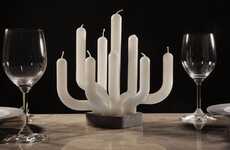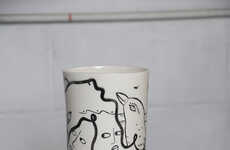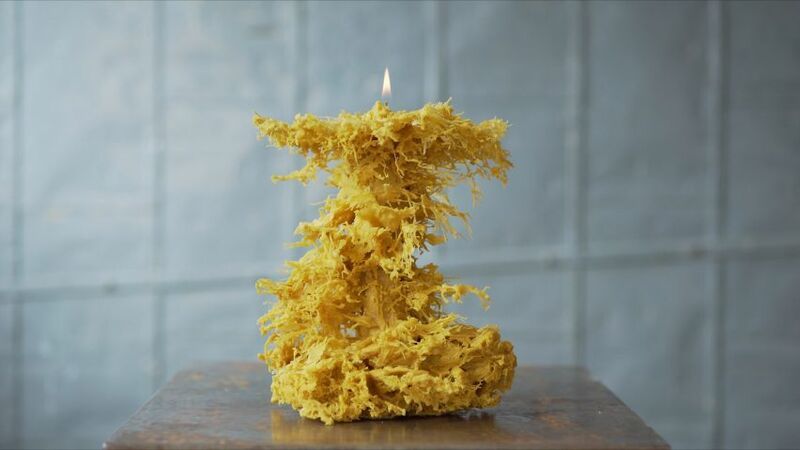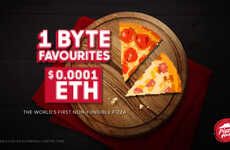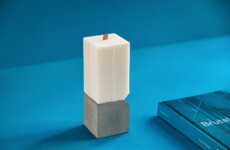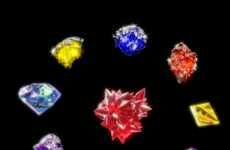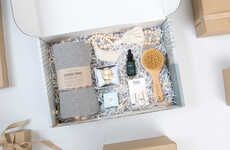
Bocci Created DIY Instructions for Its 64 Candle as an NFT
Laura McQuarrie — March 30, 2021 — Art & Design
Canadian brand Bocci is giving away the secrets to making its 64 candle as an NFT, offering a unique way to sell its work, while also keeping the digital assets protected through blockchain technology. The virtual DIY kit shares instructions for making the unusually shaped 64 candle, including a video of the manufacturing process. The fragile candle is formed, layer by layer, by allowing hot wax to cool around a central component filled with ice.
The limited-edition asset is being sold on the digital collectible marketplace Rarible. Each kit is linked to a non-fungible token, which means that unique digital assets can be sold directly to customers, who benefit from a sense of ownership and knowing that the collectible is authenticated. As Bocci has done, other brands may choose to sell inner processes, prototypes and exclusives that only a select few have real access to.
The limited-edition asset is being sold on the digital collectible marketplace Rarible. Each kit is linked to a non-fungible token, which means that unique digital assets can be sold directly to customers, who benefit from a sense of ownership and knowing that the collectible is authenticated. As Bocci has done, other brands may choose to sell inner processes, prototypes and exclusives that only a select few have real access to.
Trend Themes
1. Virtual DIY Kits - Creating virtual DIY instructions and NFTs for unique products to sell on digital collectible marketplaces can provide a new revenue stream and allow customers to feel a sense of ownership.
2. Non-fungible Tokens - The use of non-fungible tokens can provide a way to authenticate digital assets and create a sense of exclusivity and ownership for customers.
3. Selling Inner Processes - Selling inner processes, prototypes, and exclusive products can offer a unique selling point for brands and provide a way to monetize their expertise and craftsmanship.
Industry Implications
1. Home Decor - Home decor brands can use virtual DIY kits and NFTs to offer unique, limited edition products and foster a sense of ownership and exclusivity among customers.
2. Art - Artists can use non-fungible tokens to authenticate and sell their digital artwork, as well as offer virtual DIY kits to allow customers to create their own unique pieces.
3. Craftsmanship - Craftsmanship-focused brands can sell virtual DIY kits and offer exclusive access to their inner processes and prototypes to monetize their expertise and provide a unique selling point for their products.
6.3
Score
Popularity
Activity
Freshness

